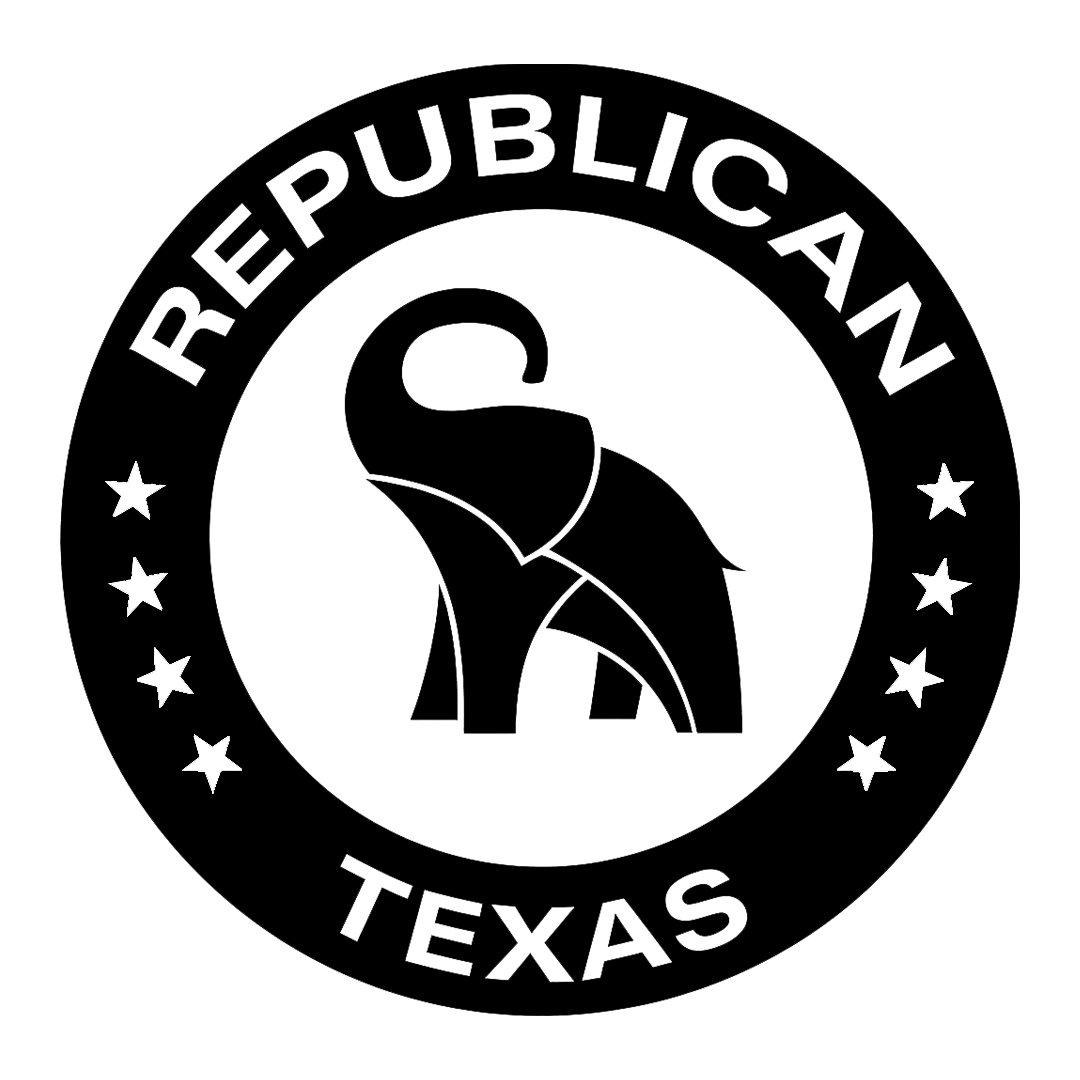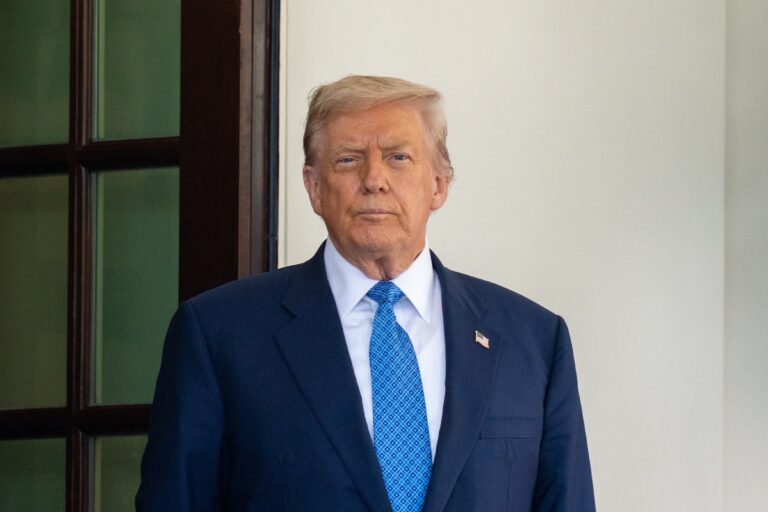US President Donald Trump signed an executive order that adds a $100,000 fee for applicants to the H-1B visa programme. The order claims the system suffers from “abuse” and blocks entry unless the payment is made.
Critics argue the H-1B scheme weakens American workers’ prospects. Supporters, including billionaire Elon Musk, insist it helps the US secure global talent.
New visa option with million-pound fees
Trump also unveiled a “gold card” that fast-tracks visas for selected immigrants. The programme begins with fees of at least £1m.
Commerce Secretary Howard Lutnick joined Trump in the Oval Office on Friday. “A hundred thousand dollars a year for H1-B visas, and big companies are on board,” he declared. “Train graduates from American universities. Stop importing people to take our jobs.”
Long-standing limits on the programme
The US has capped H-1B applications at 85,000 per year since 2004. Until now, administrative fees stood at around $1,500.
US Citizenship and Immigration Services reported that applications for the coming fiscal year dropped to 359,000. This marks a four-year low.
Amazon received the most H-1B approvals last year, followed by Tata, Microsoft, Meta, Apple and Google.
Smaller firms warn of devastating impact
Immigration lawyer Tahmina Watson warned the new cost will crush her clients, mostly small businesses and start-ups. “Almost everyone’s going to be priced out,” she said. “This $100,000 entry point will devastate many companies.”
She stressed that many firms cannot find workers domestically. “Employers sponsor foreign talent only when they cannot fill positions with Americans,” she explained.
Concerns over US competitiveness
Jorge Lopez, head of the immigration and mobility group at Littler Mendelson PC, also criticised the move. He warned the new cost “will halt American competitiveness in tech and other industries.”
Some firms may relocate abroad, though establishing overseas operations is often challenging.
Trump’s changing position on visas
The H-1B debate has divided Trump’s allies for years. Some supported visas, while critics such as Steve Bannon opposed them.
In January, Trump said he understood both sides of the dispute. Earlier on the campaign trail, he promised to make talent recruitment easier. He even suggested green cards for college graduates. “You need a pool of people for companies,” he told the All-In Podcast. “You have to recruit and keep them.”
Earlier restrictions during Trump’s presidency
In 2017, Trump signed an order that increased scrutiny of H-1B applications. It aimed to improve fraud detection.
Rejection rates rose to 24% in the 2018 fiscal year. Under Barack Obama they averaged between 5% and 8%, and under Joe Biden between 2% and 4%.
Tech companies fiercely criticised Trump’s actions at the time. They warned restrictions threatened growth and innovation.
Fears abroad as India watches closely
The new fee raises concerns worldwide. India, the largest source of H-1B applicants, fears a heavy impact on its workers.
Experts warn the restrictions could reshape global tech hiring and shift investments away from the United States.


